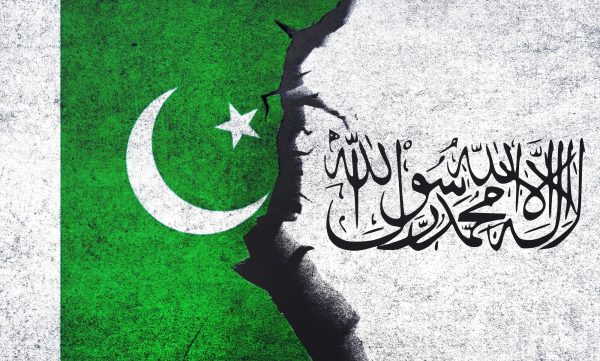In a world characterized by geopolitical tensions, the recent meeting between Afghanistan Prime Minister Mullah Hasan Akhund and Jamiat Ulema-i-Islam Fazl (JUI-F) Chief Maulana Fazlur Rehman represents a critical juncture in Afghanistan-Pakistan relations. Akhund’s assurance that Kabul does not intend to harm Pakistan or any other country is a significant statement, suggesting a potential shift in regional dynamics.
Historically complex, Afghanistan and Pakistan’s relationship has been marred by mutual distrust and accusations, exacerbated by the rise of the Taliban and increased terrorist activities. The recent deportation of Afghan nationals from Pakistan adds complexity to this intricate relationship. The meeting between the Afghan leadership and the JUI-F delegation signifies more than a diplomatic courtesy; it represents a crucial step towards addressing longstanding grievances and misunderstandings.
Prime Minister Akhund’s statement that the “Islamic Emirate will not allow anyone to pose a threat to any country” is pivotal, addressing a core concern of Pakistan: the use of Afghan soil for terrorist activities against its interests. The effectiveness of this promise depends on the Taliban’s control over various factions within Afghanistan and their ability to prevent cross-border attacks.
Furthermore, the emphasis on the role of religious scholars in conflict resolution highlights the importance of religious diplomacy in Islamic countries. The JUI-F chief’s visit is not merely symbolic; it’s a strategic move to leverage religious leaders in easing tensions, addressing issues like the mistreatment of Afghan refugees and promoting mutual understanding.
The meeting also brought attention to critical economic and trade issues, emphasizing the need for a pragmatic approach to addressing these concerns. Economic interdependence can be a powerful tool in stabilizing relations, benefiting both nations.
The stability of Afghanistan-Pakistan relations extends beyond bilateral ties, with profound implications for regional peace. A stable relationship could contribute to a more balanced and peaceful South Asian region, impacting broader international dynamics.
Despite the positive tone of the meeting, significant challenges remain. The credibility of Taliban assurances, the dynamics of terrorist groups, and internal political pressures in Pakistan could derail progress. Urgent resolution of humanitarian issues, including the plight of Afghan refugees, is crucial.
The meeting is a step in the right direction but marks the beginning of a long journey. Sustained diplomatic engagement, backed by tangible actions, is necessary to translate assurances into reality. Both countries must seize this opportunity to rebuild trust, address challenges, and work towards a stable and prosperous future. The international community should support these efforts, recognizing the potential of a peaceful Afghanistan-Pakistan relationship in contributing to global stability. Dialogue and diplomacy can pave the way for resolutions where conflict and mistrust have long prevailed.
[wpforms id=”261″]











